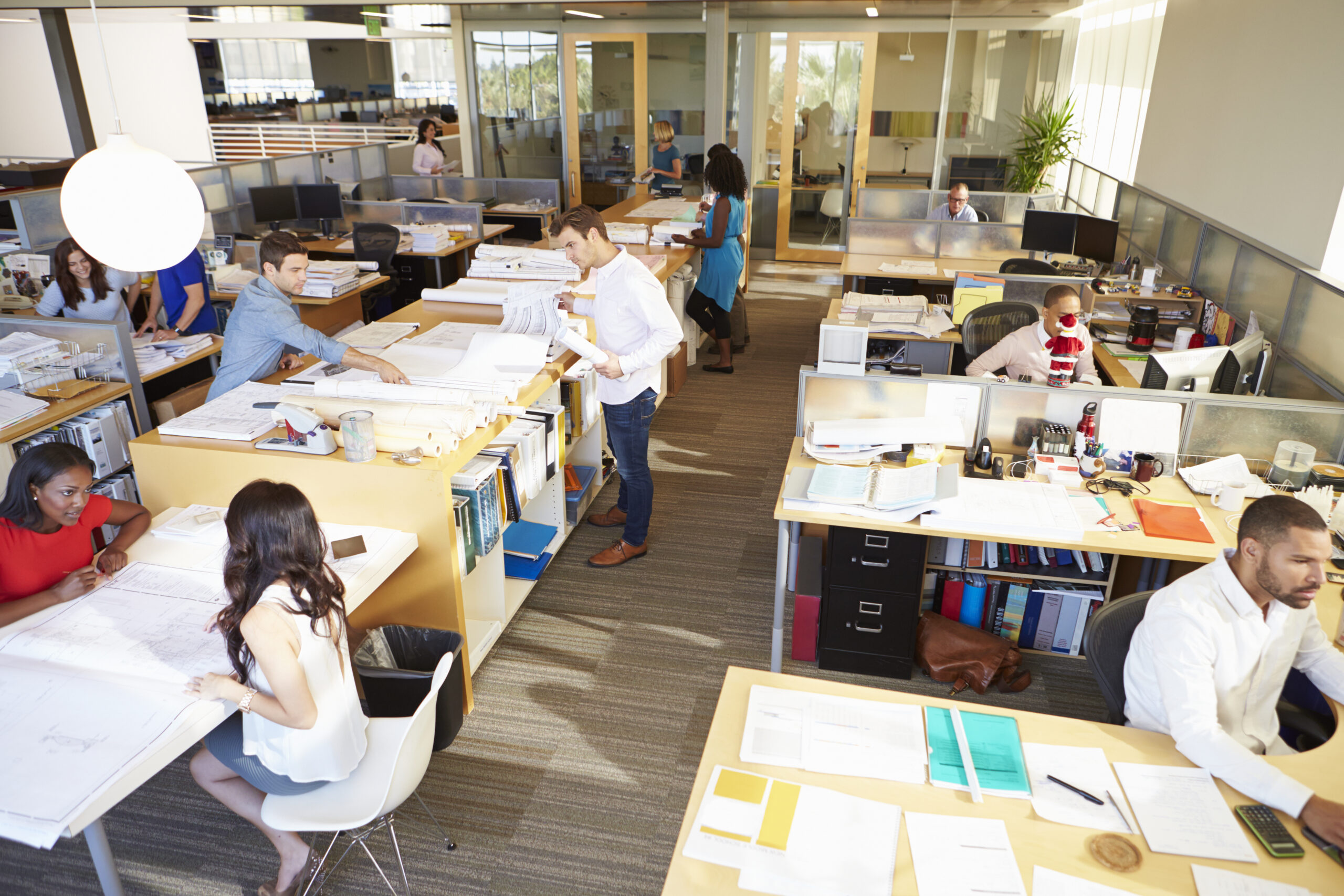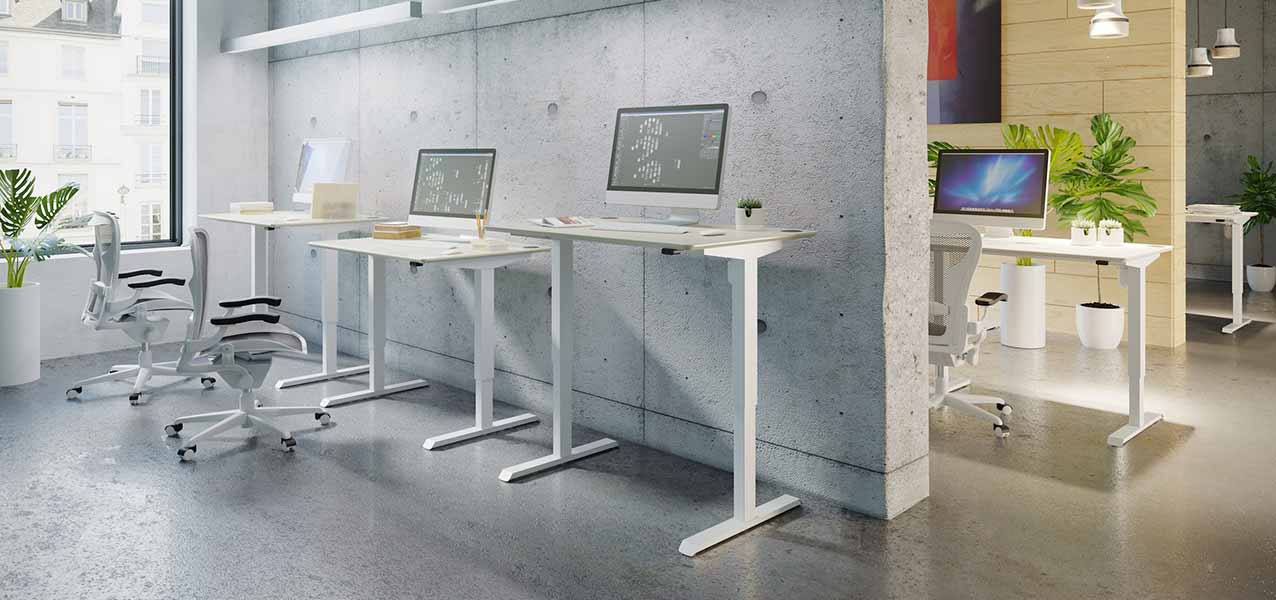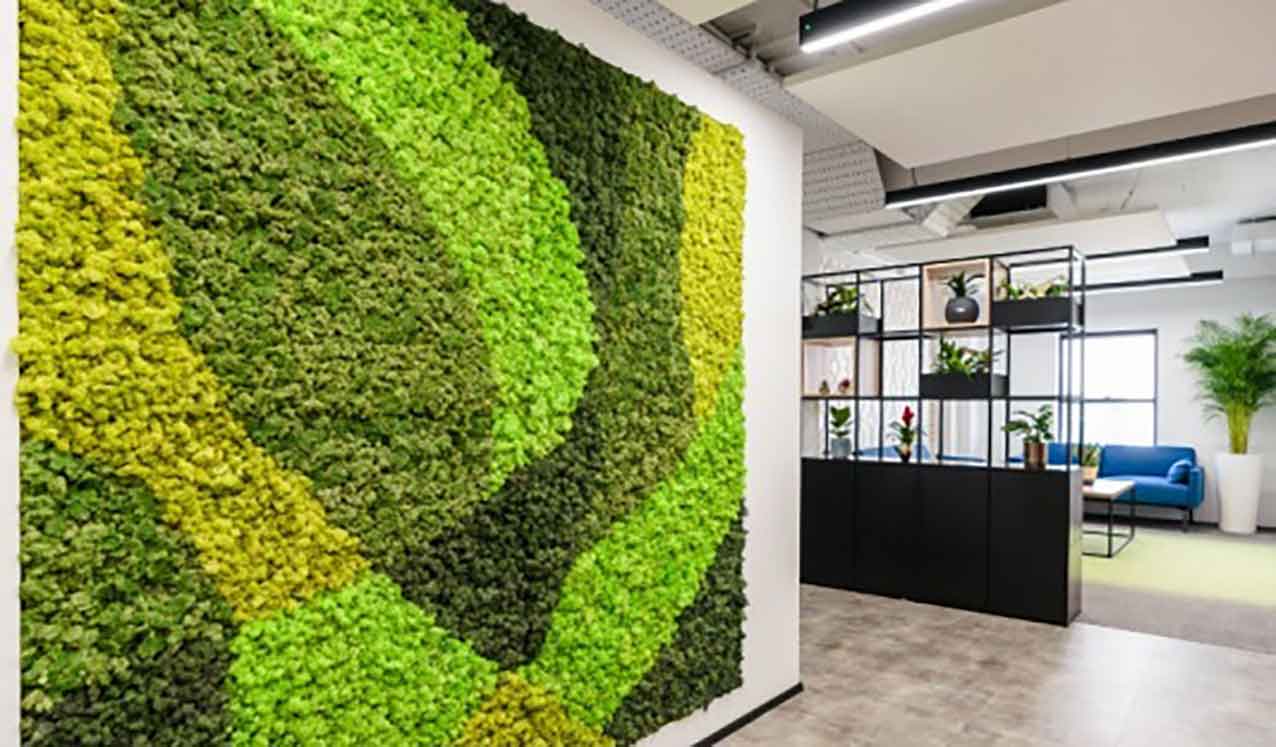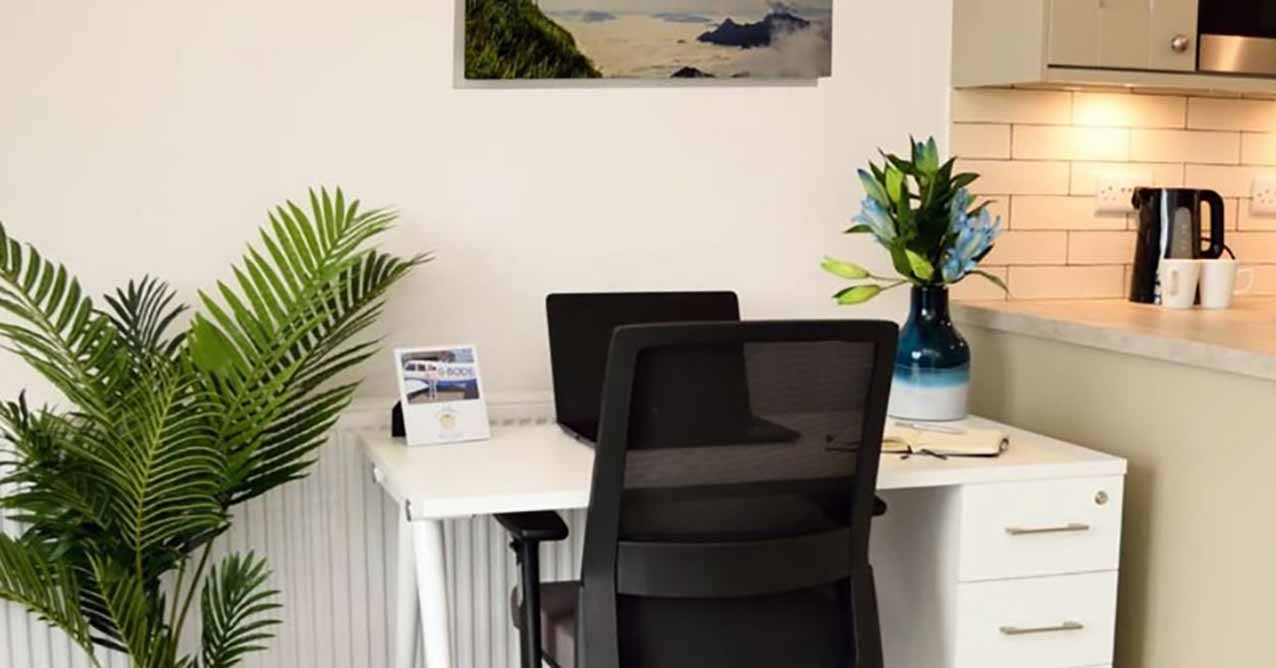The Decline of Open Plan Offices: Designing for Focus, Privacy and Productivity
Posted on 25 September 2025

Why the Age of the Open Plan Office is Ending — and What’s Replacing It
For more than two decades, the open plan office has been seen as a hallmark of modern workplace design. The promise was simple: break down walls, encourage collaboration, and foster a vibrant, communicative culture. Yet as businesses across the UK adapt to new patterns of working, many are realising that this once-celebrated format is no longer fit for purpose. A growing body of evidence suggests that the very openness designed to enhance productivity often leads instead to distraction, stress, and disengagement.
We’ve all had those experiences: passive aggressive comments floating around about the temperature of the air conditioning, or heating… that guy who appears over your shoulder, who will soon become known as ‘Shoulder-Surfing Guy’, endless coughing and food packet rattling… it can be very distracting for some, if not most.
Research from the University of Sydney, for instance, found that nearly 50% of open plan workers were dissatisfied with noise levels in their office. A separate study published in the Journal of Environmental Psychology revealed that employees in open layouts experience significantly higher levels of distraction and take longer to regain focus after interruptions. In an era where hybrid working has become the norm, these findings are especially relevant. When staff come into the office, they are increasingly looking for spaces that allow them to concentrate deeply, collaborate meaningfully, and feel supported in their wellbeing. The traditional open plan layout is struggling to deliver on those expectations.
What is emerging in its place is a more nuanced approach that balances the need for interaction with the importance of privacy. Rather than sweeping rows of desks, forward-thinking offices are now being designed around zones: dedicated areas for focused work, private rooms for confidential conversations, and open collaborative spaces where ideas can be shared freely. Acoustic pods and soundproofed meeting rooms are no longer luxuries but essential tools for reducing noise and creating environments where concentration can flourish.
Studies by the British Council for Offices (BCO) show that environments offering a variety of work settings improve both productivity and employee satisfaction, reinforcing the move away from one-size-fits-all layouts.
The cost of distraction is also not trivial. Research by the University of California, Irvine, estimates that it takes an average of 23 minutes for employees to refocus after an interruption. In an open plan office where interruptions are frequent and often unavoidable, the productivity drain is significant. By creating spaces that buffer against these constant disruptions, businesses not only protect staff wellbeing but also unlock measurable performance gains.
Designers and fit-out specialists are responding with innovative solutions. Acoustic panels and partitions soften the soundscape without sacrificing openness. Modular furniture allows rooms to be reconfigured quickly, adapting to the demands of a project or team. Biophilic design—bringing in natural light, greenery, and organic textures—enhances concentration and reduces stress levels, adding a layer of wellness to the practical benefits of a distraction-free environment. In each case, the design choices are being guided by a single principle: the office must serve the people who use it.
At Sygnus Office Partnership, this shift is already front of mind. Based in High Wycombe, our team has long understood that good design is not about chasing trends for their own sake, but about anticipating how workplaces evolve and ensuring businesses stay ahead of the curve. Full renovations, space planning, and bespoke solutions are all part of the service, but what makes Sygnus stand out is our ability to interpret the wider currents shaping work culture and translate them into tangible, functional environments.
In the case of the decline of the open plan, that means helping clients create offices where noise is managed, distractions are reduced, and employees can choose the type of space that best supports their work.
The office of the future is not about choosing between open or closed, but about balance.
Companies that embrace this approach now will be better placed to attract and retain talent in an increasingly competitive market, while also unlocking higher levels of focus and productivity from their teams. For many organisations, that means rethinking the open plan and investing in spaces that work harder, smarter, and more empathetically. As the conversation about workplace design continues, one thing is clear: distraction is out, and purposeful, human-centred spaces are in.
To find out more about the way we approach this, contact us today for an initial conversation.
Sygnus Office Partnership.
Tagged as:



